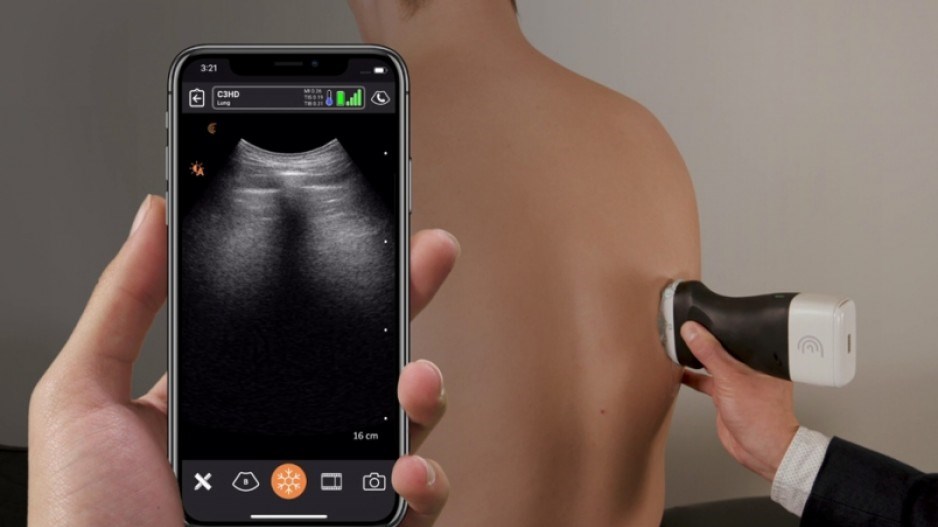B.C.’s life sciences sector looks to be as hungry for talent as the province is for COVID-19 vaccine doses this month.
The LifeSciences B.C. industry association is urging workers from across the province to drop in on its virtual Career Connect Day Friday (January 22) amid a notable surge in demand for workers during the pandemic.
“Many B.C. companies have been leading the response for the pandemic of COVID-19 globally, and what that's resulted in is job creation,” said Wendy Hurlburt, president and CEO of LifeSciences B.C.
That might be most exemplified by Ottawa’s decision last April to mandate that the nation’s five superclusters redirect their efforts towards addressing COVID-19.
The Vancouver-based Digital Technology Supercluster (DTS) eventually closed out $60 million in investmentsfrom the $153 million in federal funding earmarked to it back in 2018.
DTS partnerships, which must be composed of a minimum of three organizations, began pursuing everything from the use of artificial intelligence to exploring COVID-19 therapeutics to offering virtual addiction treatments for healthcare workers.
The results included local companies like Burnaby’s Clarius Mobile Health Corp. deploying ultrasound scanners across B.C. communities in a bid to help diagnose chest-related infections and diseases amid the pandemic.
The increased demand for workers over the past year is palpable, Hurlburt told BIV.
She noted Friday’s virtual career fair has drawn 600 registered attendees, “which is significantly up from last year.”
The industry association has been focused on promoting the career fair within B.C. rather than other jurisdictions, but Hurlburt said her group has been organically drawing registrations from most provinces as well as a number of American states.
“We’re that perfect size of a cluster that still everybody knows each other and collaborates, but also because we have so many people that have come here from other places or have spent time overseas … and then come back, we have very strong global connections and we're not scared to operate globally,” she said.
“We know to be successful that we have to develop markets overseas, we know we need to collaborate. And we have amazing, amazing science that we can leverage and we're proving right now that we can scale.”
Growth in the industry also appears to be trending upward, according to a sector profile released in June 2020 and prepared prior to the pandemic.
The government report reveals 17,300 British Columbians were employed at 1,120 businesses across the life sciences sector as of 2018.
Industry employment grew 5.6% between 2017 and 2018, while the number of businesses grew 4.7% during that same period.
The majority of those businesses — 646 — specialize in research, testing and medical labs, followed by medical devices (344 businesses), and drugs and pharmaceutical businesses (344).
About 93% of those businesses are relatively small, employing fewer than 50 employees.
The industry itself recorded nearly $5.4 billion in revenue in 2018 — up 5.6% from 2017.
“I don't think that there is a sector that is better positioned right now to drive the economic recovery and competitiveness of our province,” Hurlburt said.




